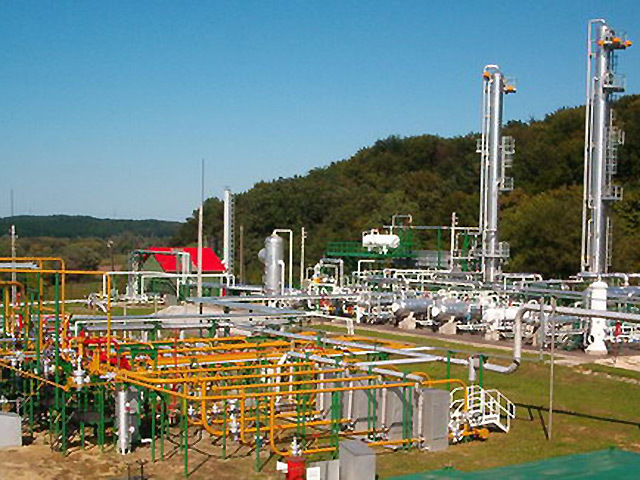
Hungarian oil and gas group Mol Nyrt will today attempt to fend off an attempt by Croatia’s government to reassert control over the country’s $7.3billion refiner as talks on its future open today.
Croatia owns 44.84 percent of the Zagreb-based INA Industrija Nafte, and wants to renegotiate a 2009 deal that gave Mol control over INA after a judge ruled it was signed in an “act of corruption” under Prime Minister Ivo Sanader. Mol, with 49.1 percent in INA, said last week it would not cede control even if it may consider some changes to the deal.
Croatian officials complain Mol has resisted investing in INA and is running it as a subsidiary rather than a stand-alone company. Mol threatened to sue the Adriatic nation for 2 billion kuna ($351 million) if the talks are not successful because Zagreb has not made good on its 2009 pledge to take over INA’s money-losing gas unit. INA produced 38 percent of Mol’s hydrocarbon output in the first half of 2013.
“Clearly the negotiations will be tough, since the Croatian authorities have put forward a number of requests, and Mol doesn’t want to lose its control over INA, which has important upstream assets,” said Oleg Galbur, analyst at Raiffeisen Centrobank .
“In my opinion, both parties realize that a break-up would represent a negative outcome for them.”
Croatia’s government wants to discuss management, cost control, investment, profit sharing, exploitation, refining and other issues in INA, according to an agenda posted on its website.
Mol first bought into INA in 2003 and increased its stake in the 2009 agreement. Successive governments in the European Union’s newest member have since struggled to reverse the contract arranged by Sanader, who quit office in July of that year and was later convicted of bribery and abuse of power.
“We are seeking a new model to run INA, where control would be proportional to shareholdings,” Ivan Vrdoljak, Economy Minister and head of Croatia’s negotiating team, said earlier this month.
Sanader, who was sentenced to 10 years in prison, is appealing the verdict, and Mol has denied any wrongdoing.
The Supreme Court is expected to rule on the appeal in the coming months. Should the Supreme Court uphold the verdict in Sanader’s case, Croatia may seek to annul the contract which, according to Prime Minister Zoran Milanovic, “the former government signed in a very unusual way.”
“There is a legal procedure against the person who signed that contract, who was prime minister at that time, and who was pronounced guilty in a non-binding verdict,” Milanovic told reporters yesterday in Zagreb.
A confirmation of the verdict raises the “possibility of nullifying the contract.”
Croatian prosecutors have also pushed for Hungary to assist with questioning Mol Chairman Zsolt Hernadi, who signed the contracts with Sanader’s government.
The prosecutors said they may also pursue further action, including an EU-wide arrest warrant. Mol considers Croatian allegations against Hernadi to be “unfounded,” a Mol spokesperson said on July 11.
Mol supervisory board chairman Gyorgy Mosonyi said last week the company may consider some changes to the shareholding agreement, such as over veto rights. He said Mol won’t give up management control in INA, adding he was confident differences between the two shareholders can be resolved.
Recommended for you
